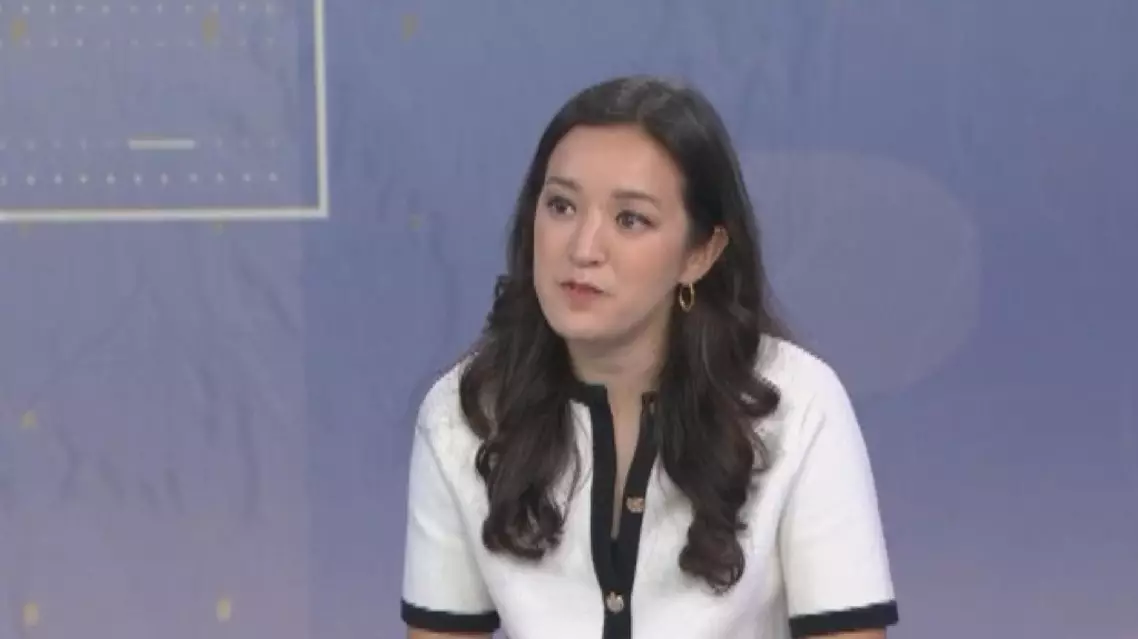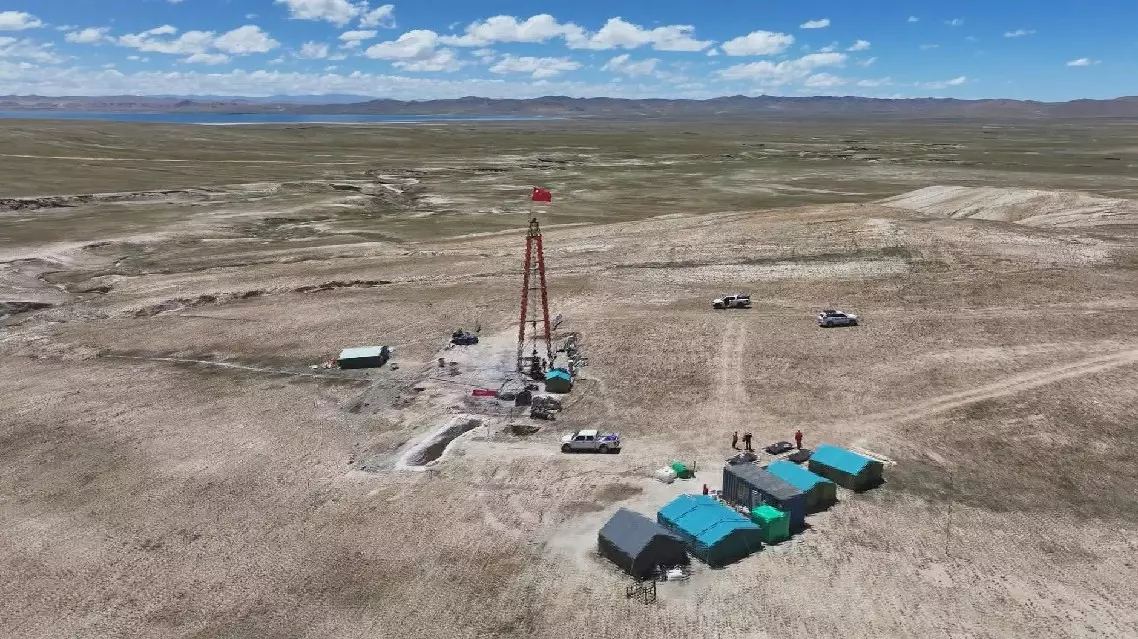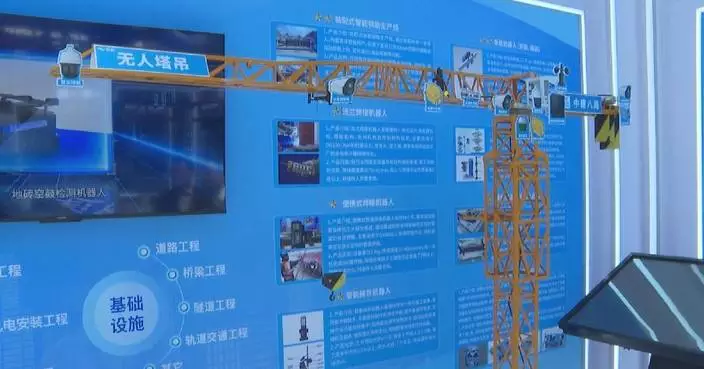The intensification of China-Africa trade and the growing role of the Chinese yuan on the continent highlights Africa's growing importance as a trade market and investment destination for China, said Sarah Baynton-Glen, Africa economist at Standard Chartered Bank.
In an interview with China Global Television Network (CGTN), she discussed the economic turnaround many African countries have undergone in recent years and how these developments may impact relations with China.
"We've seen a very significant deepening of the economic relationship between Africa and China. Africa now composes almost six percent of China's global exports. So it's become an increasingly important export destination for China's exports, but also an important investment destination. And we've seen that following the launch of the Belt and Road Initiative, a significant amount of investment by the Chinese government in countries across the African region. And we think that the opportunities from the African market, the very fast growth that we're seeing from a number of economies across sub-Saharan Africa, is going to be a driver of a deepening of that relationship still going forwards," she said.
One of the new agendas at the 2024 Forum on China-Africa Cooperation (FOCAC) Summit is private sector involvement in Africa's business. According to Baynton-Glen, the private sector will likely play an even more important role in the growth picture for Africa and also in engagement with China.
She also highlighted the rising influence of the yuan, also called the renminbi, in African trade and investment.
"As early as 2011, a number of countries in the region expressed their intention to hold the Chinese yuan in their FX (foreign exchange) reserves. So Nigeria, Kenya, Uganda being some of those countries, and we've also seen the systems being put in place very rapidly to enable that to take place faster. We've seen bilateral currency swaps signed with a number of countries. And we've also seen renminbi clearing banks being set up in countries like South Africa. So this has been facilitating that increase in trade and investment denominated in the Chinese yuan," said the economist.
"Another growth area where we're seeing much more in terms of Chinese yuan internationalization in the region has been in terms of investment and borrowing in the Chinese yuan as well. So Egypt issued a panda bond last year, Nigeria and Kenya have been discussing the possibility of panda bond issuance as well. We've also seen announced with this Forum on China-Africa Cooperation, some lending denominated in the Chinese yuan for the first time as well. So we're definitely seeing that deepening across the region, particularly from a trade perspective, but also increasingly from an investment and a lending perspective as well," she added.
The three-day FOCAC summit, which opened on Wednesday, is the largest diplomatic event hosted by China in recent years, with the highest attendance of foreign leaders.
Themed "Joining Hands to Advance Modernization and Build a High-Level China-Africa Community with a Shared Future," the event aims to strengthen friendship and outline future cooperation between the two sides.

Africa becomes increasingly important to China amid trade, investment surge: economist









